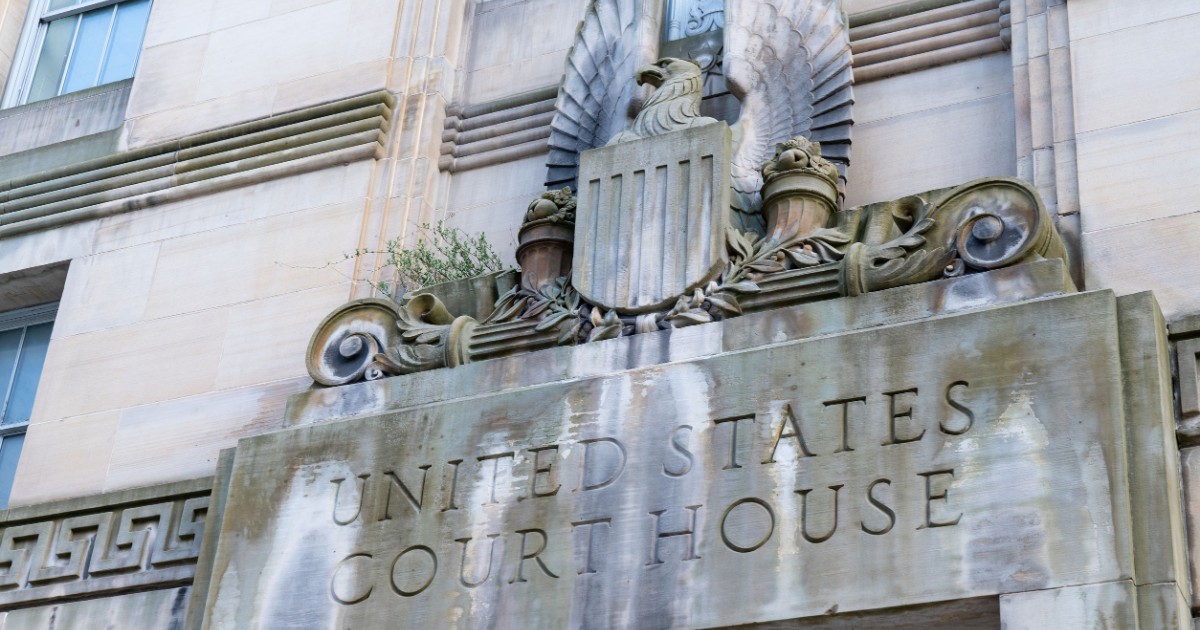US Court rules that cryptocurrency exchanges must give up your private financial data

The U.S. Court of Appeals for the Fifth Circuit has ruled that. The ruling came down in the case of U.S. v. Gratowski and sets the precedent that law enforcement doesn’t need a warrant to access the stored financial data at cryptocurrency exchanges such as Coinbase. Essentially, the court ruled that Gratowski had no constitutional expectation of privacy from the cryptocurrency exchange because of the third party doctrine. The EFF writes:
“The federal agents in this case could have easily sought a warrant from a judge, rather than merely sending a subpoena to the exchange. The court’s decision that the agents could obtain this sensitive cryptocurrency transaction data without a warrant sets a dangerous precedent.”
It’s important to note that while some may consider the actual blockchain (not the exchange’s database of user accounts and information) a third party, no government will ever be able to serve a warrant or even a subpoena on a truly decentralized public cryptocurrency blockchain because no centralized authority is in control. In the case of blockchains without privacy protections such as Zcash anonymous transactions, governments and third party blockchain analytics companies have access to all of the blockchain data – by design. That is to say, cryptocurrency isn’t private by default – and the courts have confirmed that cryptocurrency exchanges also aren’t private by default. That is to say that the Fourth Amendment does not protect cryptocurrency related financial data.
Interestingly enough, the Supreme Court has ruled that privacy rights are intact despite the third party doctrine for certain types of digital data, just not financial transactions. A case in 2018 made it so that the government needs a warrant to access the location data stored by cell phone and telecommunications companies. The country’s privacy laws are still a little behind for the digital age; despite this, it’s hard to be surprised that financial data from cryptocurrency exchanges are being treated like this in America.
Cryptocurrency users that want privacy will avoid exchanges
This larger trend of tracking cryptocurrencies at the fiat on and off ramps is damaging to the privacy of cryptocurrency users. However, it also simultaneously underscores the growing legitimacy of cryptocurrency and the exchanges that provide these services. The fact that cryptocurrency exchanges are being regulated like a centralized bank would may seem contradictory on the surface, but in reality it is not. Cryptocurrency experts have long known that the only way to maintain financial privacy with cryptocurrencies is to avoid exchanges altogether. While there are still cryptocurrency exchanges that may try to minimize the amount of identifiable information that can be sought by governments, they are a rare and dying breed. Elena Tonoyan, the COO of infamous cryptocurrency exchange Local Bitcoins recently highlighted the exchange’s decision to finally implement KYC/AML practices to CoinTelegraph in an interview:
“In the early days people used LocalBitcoins because it was anonymous. But nowadays they use LocalBitcoins because they want a safe and legit service to buy bitcoins.”
Exchanges are the historical centralized point of failure in the cryptocurrency ecosystem but they are not a point of failure for cryptocurrency technology itself. That is to say, the cryptocurrency ecosystem will work just fine with privacy conscious users avoiding exchanges and those that don’t care about the government knowing about their financial data using exchanges – the exact same dynamic we see with fiat currencies.
